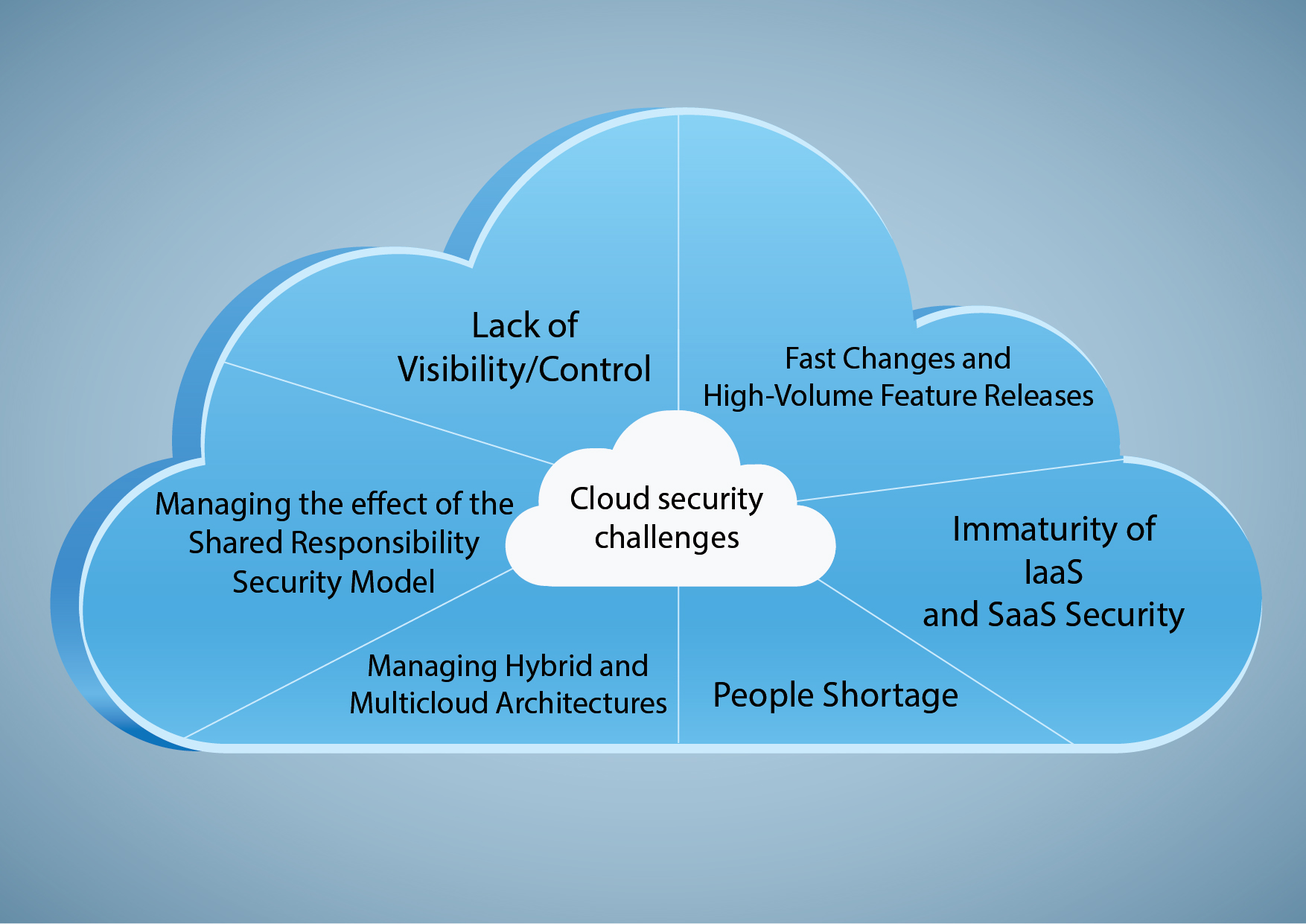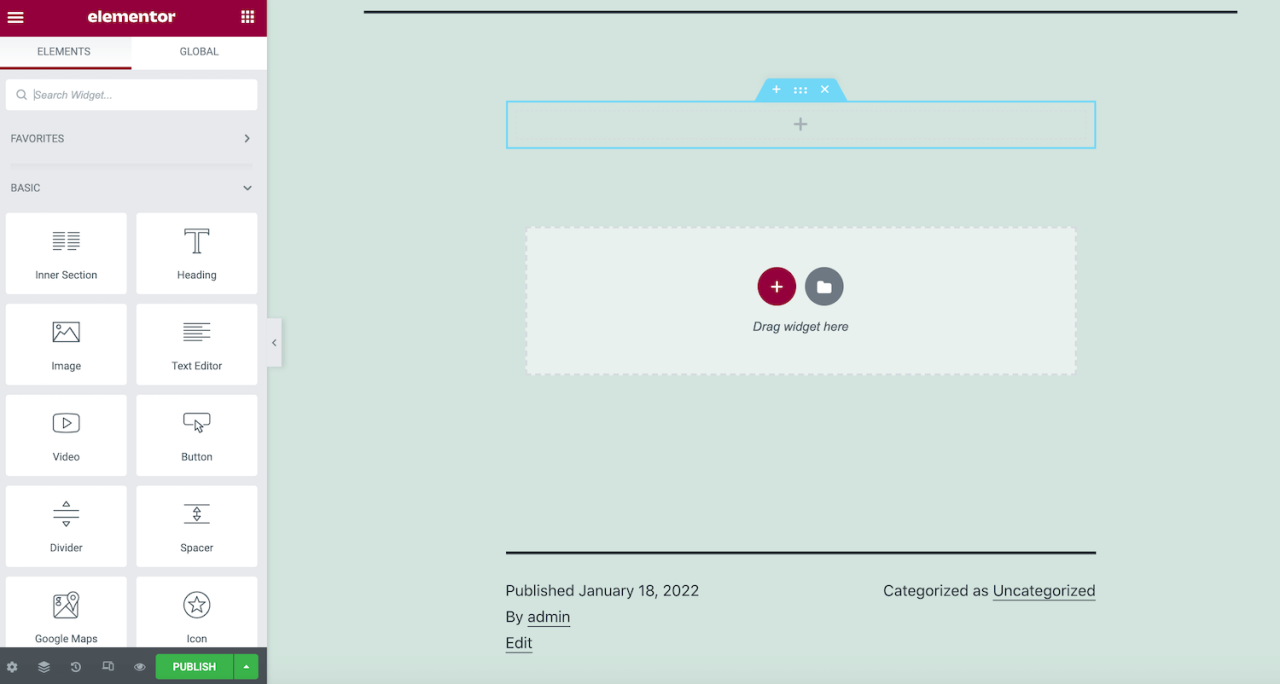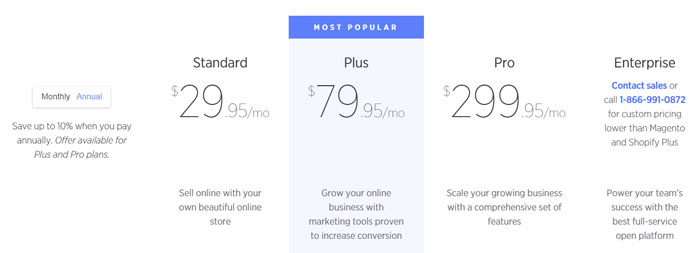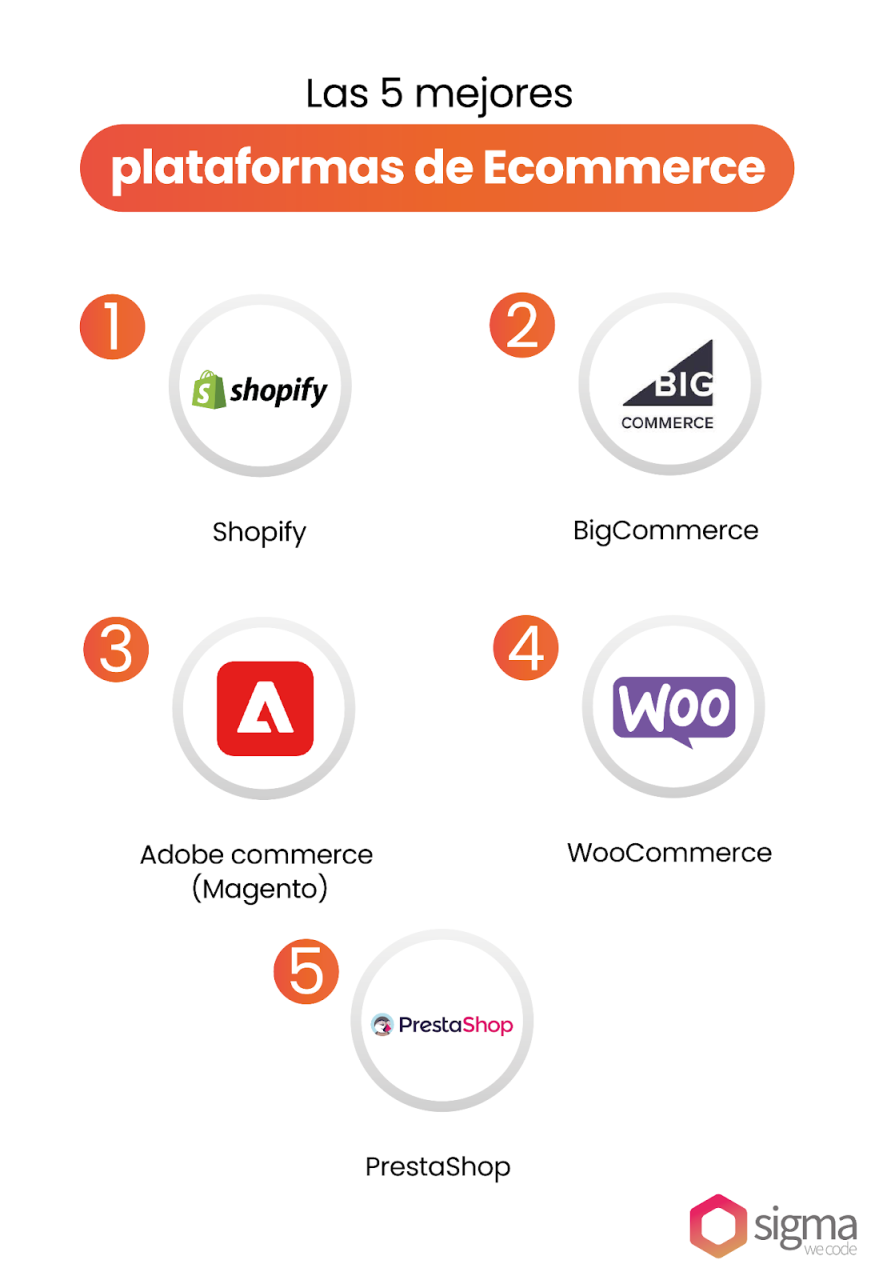Netsuite Ecommerce
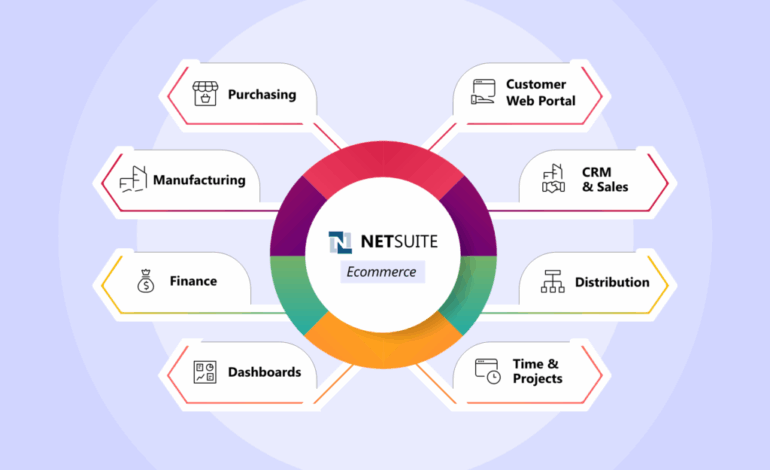
Imagine effortlessly managing every facet of your online business, from inventory and order fulfillment to customer relationships and financial reporting, all within a single, unified platform. That’s the promise of NetSuite Ecommerce. In today’s competitive digital landscape, businesses face immense pressure to deliver exceptional customer experiences, streamline operations, and maintain a clear view of their financial health.
Many struggle with fragmented systems and data silos, leading to inefficiencies, errors, and missed opportunities. This article delves into the world of NetSuite Ecommerce, exploring how it can transform your online business. We’ll uncover its core capabilities, examine the benefits of integrated data management, and provide insights into how you can leverage its features to optimize your operations, enhance customer satisfaction, and drive sustainable growth.
Prepare to discover how NetSuite Ecommerce can be the catalyst for your business’s online success.
NetSuite Ecommerce: A Comprehensive Guide
Navigating the world of ecommerce can be tricky, especially when scaling your business. NetSuite offers a robust solution, aiming to simplify operations and enhance the customer experience.
It’s an all-in-one platform that integrates various business functions with your online store. This offers opportunities for both business-to-consumer (B2C) and business-to-business (B2B) companies.
We’ll delve into what NetSuite ecommerce offers, what the platform involves, and how you can leverage it to boost your online sales. Think of this as your guide to simplifying and streamlining your digital storefront.
Let’s explore how this integrated platform can really change the way you handle things, and elevate your business to new levels.
Understanding NetSuite SuiteCommerce
At its core, NetSuite SuiteCommerce provides a unified platform to manage your entire ecommerce operation. This eliminates the need for juggling disparate systems.
SuiteCommerce connects your online store to backend processes such as inventory, order management, financials, and customer relationship management (CRM). It creates a seamless workflow.
This integration allows for real-time visibility across your business. It allows you to make data-driven decisions and respond quickly to changes in the market.
SuiteCommerce enables you to personalize the customer journey. With a tailored user experience you are likely to keep customers engaged, ultimately driving conversions and promoting loyalty.
A key advantage of SuiteCommerce is its ability to handle both B2C and B2B business models. Allowing companies to scale their operations.
Key Features and Benefits
NetSuite SuiteCommerce is packed with features designed to optimize your ecommerce performance. These features offer benefits to your entire operation.
Personalized Customer Experience: It facilitates targeted promotions and content delivery based on individual customer preferences and purchase history. This helps improve conversion rates.
Unified Platform: The integrated suite offers real-time data sharing across departments, enhancing collaboration and providing a 360-degree view of your business.
Mobile Optimization: SuiteCommerce enables responsive designs that adapt to various devices. This guarantees a smooth shopping experience on smartphones and tablets.
Order Management: Efficiently handle orders from placement to fulfillment, ensuring accurate inventory updates and timely delivery.
SEO Tools: Built-in search engine optimization tools help improve organic search rankings, driving more traffic to your online store.
These capabilities result in improved operational efficiency and increased revenue generation opportunities. Plus, they provide better insight and a more tailored shopping experience.
Implementing NetSuite Ecommerce: A Step-by-Step Guide
Implementing NetSuite SuiteCommerce requires careful planning and execution. Start by defining clear business goals and objectives.
Next, assess your current systems and data to identify areas for improvement and to ensure a smooth transition. Gather all relevant documentation.
Collaborate with a certified NetSuite partner who can provide expert guidance and support throughout the implementation process.
Configure the platform to meet your specific requirements, including setting up product catalogs, payment gateways, and shipping options.
Migrate your existing data to the NetSuite environment, ensuring data integrity and accuracy. This step is crucial for seamless operation.
Test the system thoroughly before going live, addressing any issues or bugs that may arise. This ensures a smooth launch.
Provide comprehensive training to your team to ensure they can effectively use the platform and maximize its potential.
Optimizing Your NetSuite Ecommerce Store for Success
Optimizing your NetSuite ecommerce store is an ongoing process. It’s essential to continuously monitor performance and adapt strategies.
Analyze customer behavior to understand their preferences and pain points. Use insights to tailor product offerings and improve user experience.
Enhance your SEO strategy by optimizing product descriptions, using relevant keywords, and building high-quality backlinks.
Leverage email marketing to nurture leads, promote new products, and offer personalized discounts. Keep customers engaged and informed.
Use social media to drive traffic to your store and engage with your audience. Share valuable content, run promotions, and interact with followers.
Implement a robust customer service strategy to address inquiries and resolve issues quickly. Provide excellent support to foster loyalty.
Continuously monitor key performance indicators (KPIs) such as conversion rates, bounce rates, and average order value. Fine-tune your approach as needed.
NetSuite Ecommerce: Pricing and Considerations
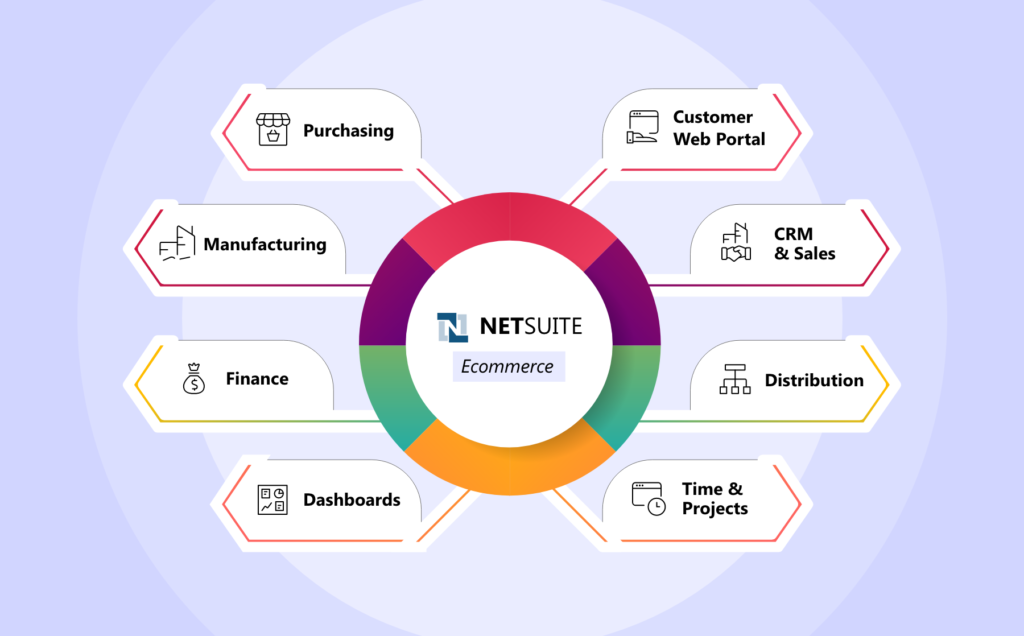
NetSuite SuiteCommerce pricing is tailored to each business’s specific needs. Factors include revenue, user count, and desired modules.
Consider the total cost of ownership, including implementation, training, and ongoing support. Get a clear understanding of the budget.
Evaluate the scalability of the platform to ensure it can accommodate your future growth. Look for flexibility and adaptability.
Assess the level of customization required to meet your unique business requirements. Discuss the options with your NetSuite partner.
Compare NetSuite SuiteCommerce with other ecommerce platforms to determine the best fit for your business. Consider the pros and cons.
It’s worth noting that the platform’s holistic nature makes it a very impactful solution.
Remember to factor in the long-term benefits of integrated systems. This will streamline operations and enhance the customer experience.







